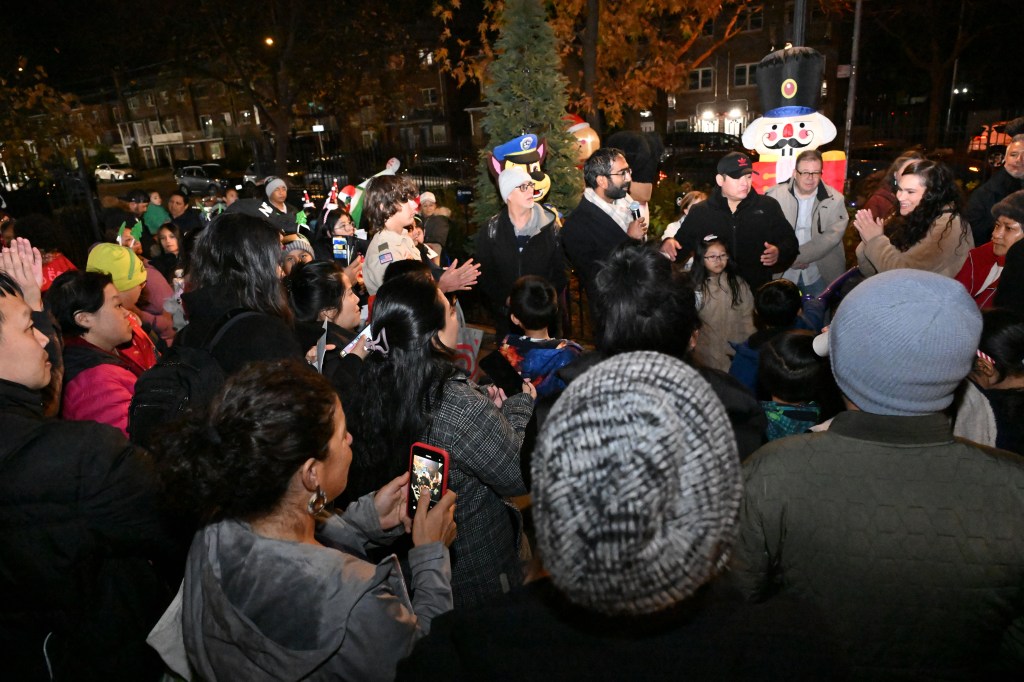By Kenneth Kowald
Christmas Day has been a national holiday since President Ulysses S. Grant signed a bill to that effect June 6, 1870. The same law made July 4 and Thanksgiving national holidays.
Dec. 25 is the only one which has a religious significance. Why?
For decades, many people — perhaps most, while they rush about in a shopping frenzy — have decried the commercialization of Christmas not without reason, but even as they are adding to it.
Contrary to what some say — politicians and their cohorts, for the most part — this is not a “Christian nation.” It is a secular republic. It is not a theocracy in any sense of the word, nor should it be.
The Puritans were against the celebration of Christmas. While those of a more liberal mind had no problem with such an event, they did not work to make the date something of an official celebration.
Even in England, where some Christmas traditions had existed, they had gone out of fashion, to some extent, by the beginning of the 19th century. And, remember, the monarch is the defender of the Church of England, so in effect that democracy is something of a theocracy.
Washington Irving, the first American writer to gain a worldwide reputation, wrote about Saint Nicholas in 1812. He continued with stories about old-fashioned Christmas celebrations in England from 1819-20 with his “Sketchbook of Geoffrey Crayon, Gent.” Those stories were of a nostalgic bent, looking back rather than noting the contemporary absence of those old ceremonies.
Meanwhile, another American, four years Irving’s elder, was growing up in his family homestead in Elmhurst. I have no evidence that Clement Clarke Moore wrote any of his “A Visit from St. Nicholas” in Elmhurst, but I would imagine he experienced some Episcopal-style celebrations where a park in his memory stands today. The poem was first published in 1823.
In England, Charles Dickens, much younger than the two Americans, caused a great stir with the publication of “A Christmas Carol.” He wrote many Christmas stories thereafter and he and Irving were good friends.
Thus, in a literary sense, the images of Christmas we know today — although many may not know them, considering the state of education, but let that go — can be traced to these three men.
While some theologians have suggested that the birth of Christ was in the spring and that the date chosen for the observance was to counter pagan ceremonies in the depths of winter in the Northern Hemisphere — the Holy Land does not get much snow, after all, despite the carols and paintings — the event and the observance of the event are part of our culture.
Keep Christ in Christmas? I never thought he left, but maybe we should be sensible about this and decide that Christmas — the only official religious federal holiday — should not be a federal holiday at all. It is a holy day. The distinction, I should think, is clear.
It is called separation of church and state. It is a foundation of our nation.
Shall we repeal the holiday? Good luck with that. I can hear the politicians howling into the winter winds.
So we shall put up with the commercialization of a holy day, but we can continue to protest.
While we are at it, in New York City perhaps we should take a look at closing schools on religious holidays. In 1960, when nearly half the city’s public school teachers were Jewish, the then-city Board of Education decided on such closings on the High Holy Days in the fall. I have no figures on the religious orientation of teachers today, but I have a feeling it is not what it was 50 years ago. Why continue the closings?
If we continue this practice — again I can hear the political howling if we try to do away with it — shouldn’t we consider that our diverse population, of which we are so justifiably proud, should not be discriminated against? Muslim leaders have asked for days off during some of their holidays. Why not? Not enough Muslim teachers? Not enough Muslim students?
How do we make these decisions? More precisely, why should we have to make them?
Keep the schools open according to law and if a student or teacher wants to take a day off — after all, I understand there is at least one saint for every day of the year — so be it.
Presents, pageants, celebrations and days off are all well and good, but I believe, not in a political sense, we should maintain our commitment to a secular society which ours is.


































